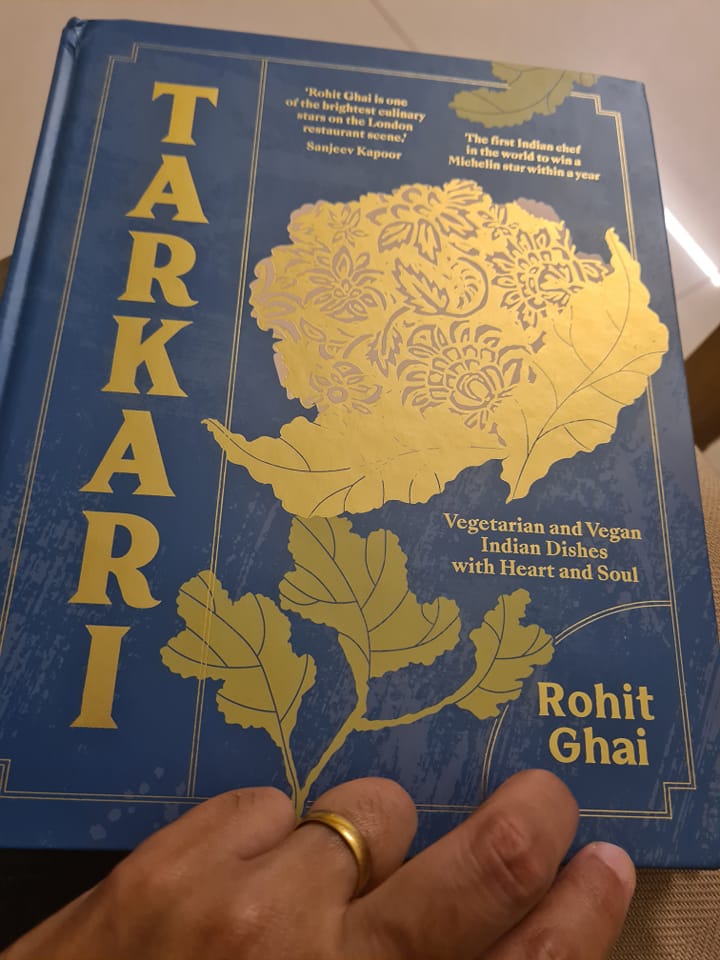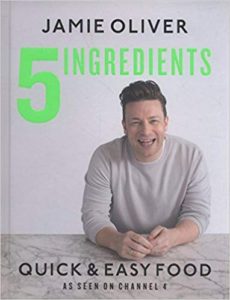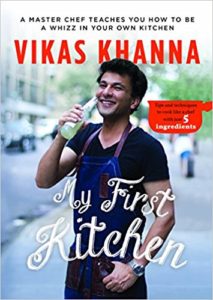“Tarkari” by Rohit Ghai

I love cooking. I cook very day. I enjoy reading recipe books. I have done so as long as I can remember. I collect recipes. I have four notebooks of handwritten recipes, spanning generations. They are a repository of so much information in terms of food habits, what is in vogue in a particular age, etc. Inevitably recipes get passed orally within families. Writing down recipes presumes that the families are educated, especially women, and cooking techniques are clearly spelt out. Families like mine have written and shared recipes for generations. I have handwritten recipes from the last century. These are precisely written. Short. Nothing elaborate. Easy to replicate. No fuss. Recipes by women meant to be used. No time wasted in reading and understanding.
In recent years, especially ever since Paul Hamlyn made four-colour, illustrated cookery books by Margueritte Patten phenomenal bestsellers, recipe books sell consistently. Most often, little expense is spared when it comes to scrumptious layouts, specialist food photographers are hired and double-page spreads are the norm. In recent years, this domain has slowly and steadily been overtaken by male writers. Again, fine. Except that some of the bestselling recipes books are becoming more and more tedious to read. For instance, Jamie Oliver. His early cookbooks were a delight to read but the newer ones are too elaborate. Even Joe Wicks churns out some interesting recipes but far too expensive in terms of ingredients used and too complicated when it comes to increasing portions. Cookbooks should be easy to read, easy to understand, and the recipes are easy to visualise in one’s minds eyes. Of course, printed cookbooks are now competing with the Internet where many recipes and videos are available, not tucked away behind paywalls. So to maintain the fine balance that will persuade readers/consumers to buy expensive hardbacks for a few recipes is tricky. Having said that, London-based restauranteur and Michelin star chef Rohit Ghai’s Tarakari: Vegetarian and Vegan Indian Dishes with Heart and Soul seems to achieve this balance. It is a pleasure reading the recipes. Easy instructions. To-the-point. He adds details like focusing on consistency or batters and gives reasons. Most of the recipes included in “Tarkari” are adaptations of what he learned in his mother’s kitchen. So they are familiar recipes such as “Aloo Tikki”, “Dal Makhani”, “Pesarattu”, “Chole Bhature”, “Tadka Dal”, “Jaipuri Bhindi”, but as happens with Indian households, there are variations. Also, being in London, some of the dishes like “Chickpea and Samphire Salad”, “Kadai Tofu” and “Courgette Mussalam” are examples of fusion food. They are not classic Indian dishes but they work.
Tarkari is reminiscent of very well-made Indian cookbooks by non-resident South Asians like Meera Taneja, Sameena Rushdie and Madhur Jaffrey. I am definitely going to be trying some of these dishes. Rohit provides tips and cooking methods with generosity, love and kindness and not the niggardliness that exists in some folks when asked to shares recipes. Rohit Ghai’s explanations of vegetarian and vegan dishes fulfil many of the parameters I seek while reading or sharing recipes.
Buy Tarkari. Use it.
13 Nov 2021


